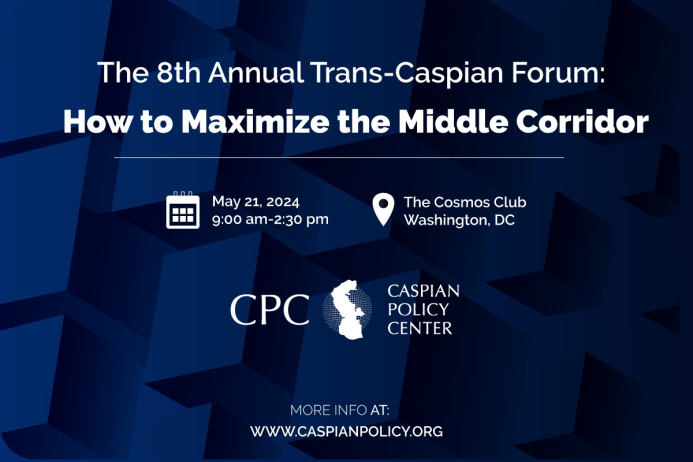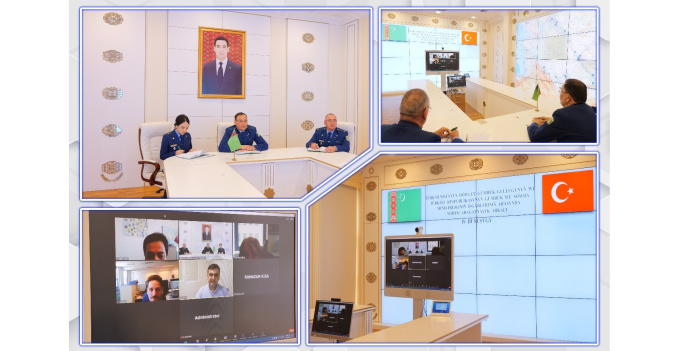
27 MAY 2024 · PROSPERITY
The first TIR Logistics Hub accredited by IRU has opened in Kashgar, Western China, offering a one-stop-shop for TIR transport companies, customs services and supply chain players.
A new TIR logistics hub accredited by IRU, the first-of-its-kind, was inaugurated yesterday in Kashgar, China, a major city and trade gateway in the western region of Xinjiang, close to Kyrgyzstan, Pakistan and Tajikistan.
The unique facility brings together all essential transit services under one roof: customs clearance, warehousing, cargo handling, route development, and transport capacity matching.
With TIR already boosting trade between China and Eurasia, the integrated approach of the hub will further streamline operations, boost efficiency and save costs for transport companies operating into Central and South Asia, as well as from China through to the Middle East and Europe.
IRU Secretary General Umberto de Pretto said, “I am delighted to welcome the inauguration of the first TIR logistics hub in China. Such secure route diversification will facilitate regional trade growth and make supply chains more resilient.”
“IRU looks forward to collaborating with partners to leverage the resources and key role of the TIR logistics hub, as well as the benefits of TIR to further diversify and optimise trade routes linking China to Central Asia and beyond,” he added.
IRU Chief Representative of East and Southeast Asia Yan Zhou said, “In recent years, Kashgar has been making continuous efforts in TIR transport with regular operations along the China-Kyrgyzstan-Uzbekistan and China-Pakistan economic corridors. This has established a solid foundation for the launch of the Kashgar TIR Logistics Hub.”
“With the strong support of customs and transport authorities, local governments and industry partners, we are confident that the TIR logistics hub will create shared opportunities and contribute significantly to the development of China’s international road transport industry,” she added.
CEVA Logistics Vice President of Ground & Rail for Greater China and Global Cross Border & Multimodal Leader Kelvin Tang said, “I am honoured to attend the inauguration ceremony of the first TIR logistics hub accredited by IRU in China.
“As a pioneer of TIR solutions in China, CEVA has successfully opened TIR routes between China and Europe, Uzbekistan, Pakistan and Afghanistan since 2018. We have continuously invested in international road transport and TIR solutions. With the launch of this hub in Kashgar, I believe TIR will grow faster and become more widely used.”
“By working with IRU and our partners, CEVA is committed to providing our customers with transport services that offer significant time and cost savings under TIR,” he added.
Located in China’s north-west Xinjiang Region, Kashgar serves as a key logistics hub for goods transported between China and Central Asia, South Asia and other regions.
IRU will explore opportunities to establish TIR Logistics Hubs in other cities in China to further facilitate international trade between China and countries across Eurasia.
What is the TIR system?
The TIR system enables goods to be shipped from a country of origin to a country of destination in sealed load compartments that are controlled by customs via a multilateral, mutually recognised system.
TIR streamlines procedures at borders, reducing the administrative burden for customs authorities and transport and logistics companies. It cuts border waiting times significantly, saving time and money.
TIR is celebrating its 75th anniversary in 2024, marking the first agreement to establish the system by nine European countries in 1949 under the auspices of the United Nations Economic Commission for Europe.
The TIR system connects China with over 30 countries across Eurasia, offering more secure transport options that are over 80% faster and 50% cheaper. Twenty-eight Chinese cities have started TIR operations.











